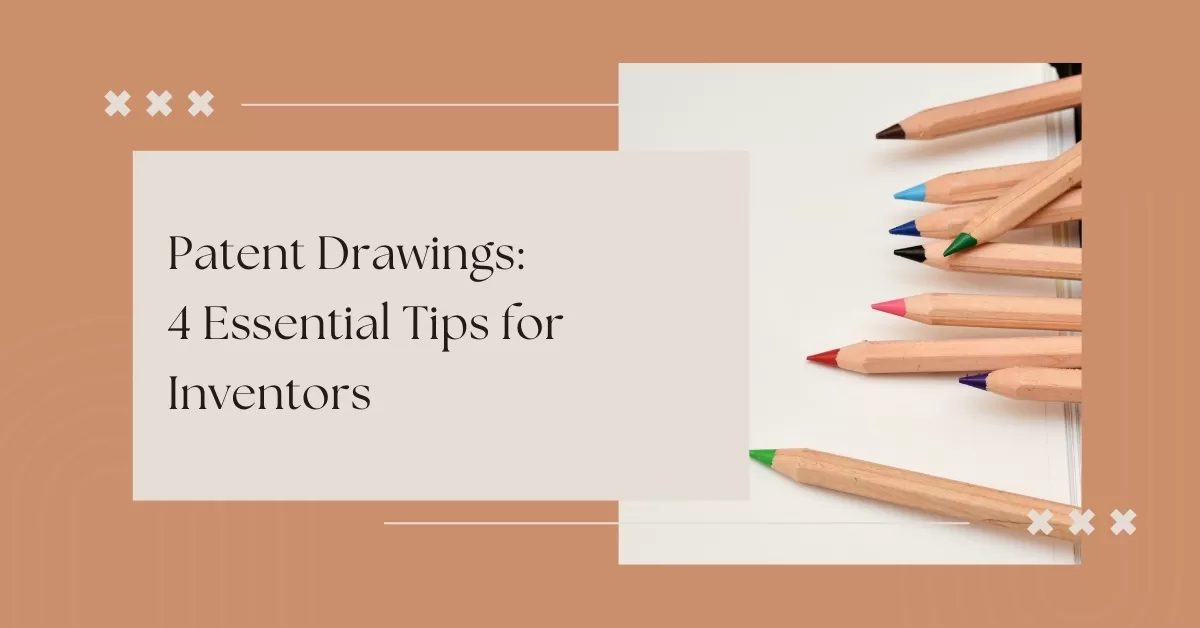Patent Drawings For Key
Unless your invention is similar to a chemical compound or other, non-visual composition, you will need to do patent drawings. These drawings are not only beneficial in documenting your invention, they are a necessity in various stages of your patent application.
How Many Do You Need?
At least one patent drawing, or patent illustration, as it is sometimes known, is required to be included with your patent application. Experienced patent attorneys and inventors, however, know that sometimes a single drawing is not nearly enough. In fact, many patent applications include several sheets of patent drawings, each showing a different aspect of the invention, its uses, its component parts, and how it all works together. At the very least, your drawing should show all sides—top, bottom, sides and angles—of your invention, as well as its components.
How Detailed Should They Be?
For the greatest protection, as well as for increasing the understanding of viewers, your patent drawings should be as detailed as possible. Your patent lawyer will help add details to your application, but your patent drawings will add another level of security to your claims. While your initial drawings can be your own scribbles, the ones you formally submit with your application need to be on paper and forms designated by the U.S Patent Office. The Patent Office also has requirements regarding margins, types of detail included, and various technical details that all drawings must include.
Who Should Do Them?
It’s unlikely your patent attorney is also a patent illustrator, but he or she should be able to refer you to someone qualified in producing patent drawings. The cost of hiring a professional patent illustrator is relatively low, and well worth the price, even if you are an artist yourself. A professional will know what details need to be highlighted in your drawing, the proper fonts, the type of paper and margins and exactly what the Patent Office is looking for in your patent drawings.
Taking your invention from an idea to reality can seem astoundingly complex, but consultation with professionals during the various aspects will smooth your way. From patent attorneys, to professional patent searchers, to patent illustrators and beyond; get help on the details, and get your invention protected.
Contact your Patent Attorney to learn more.


